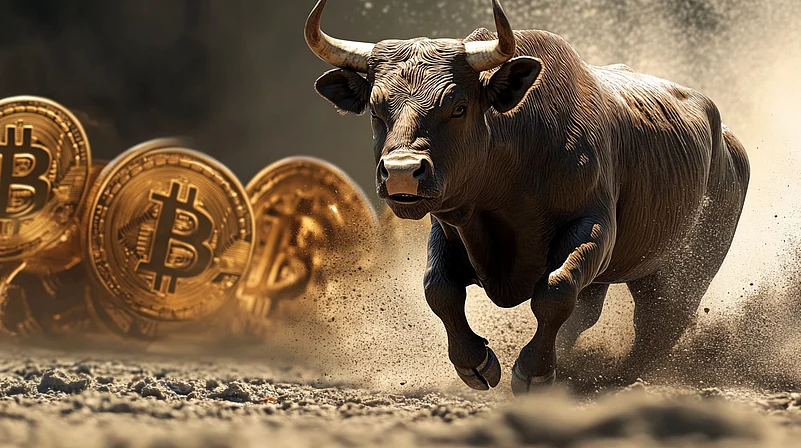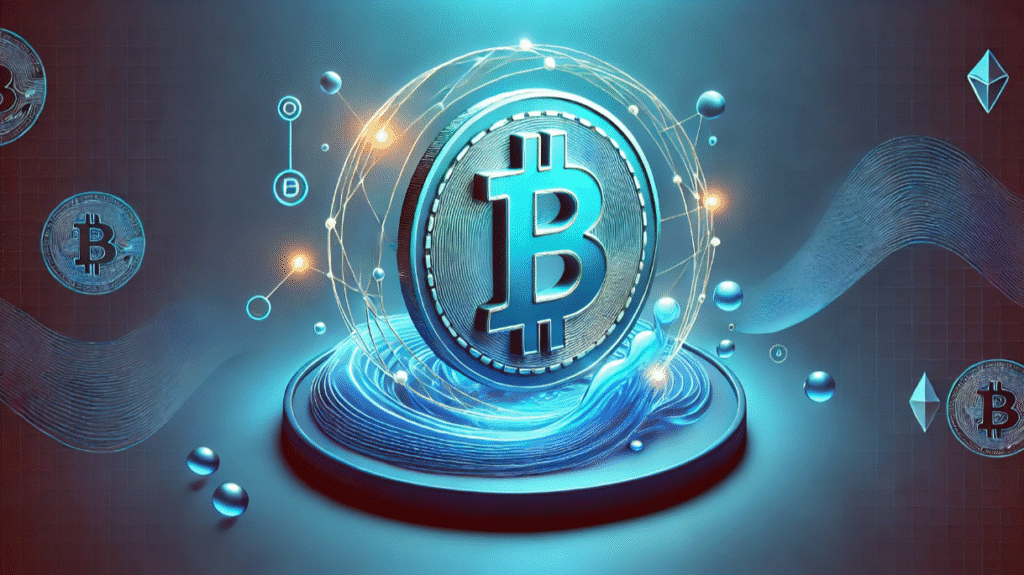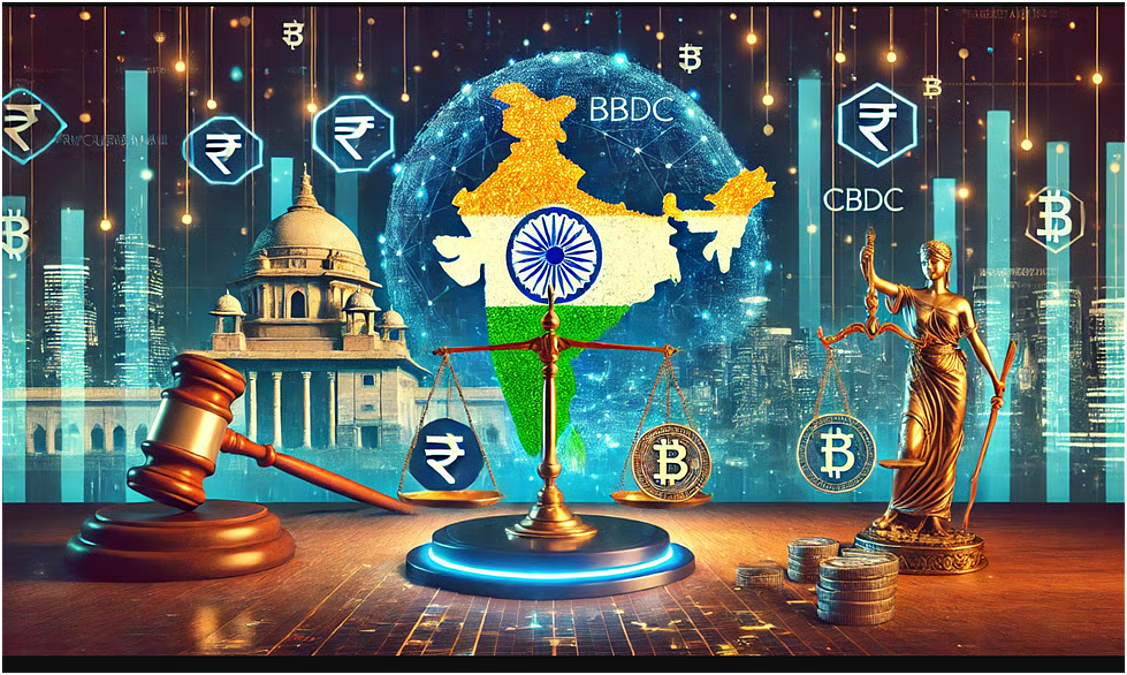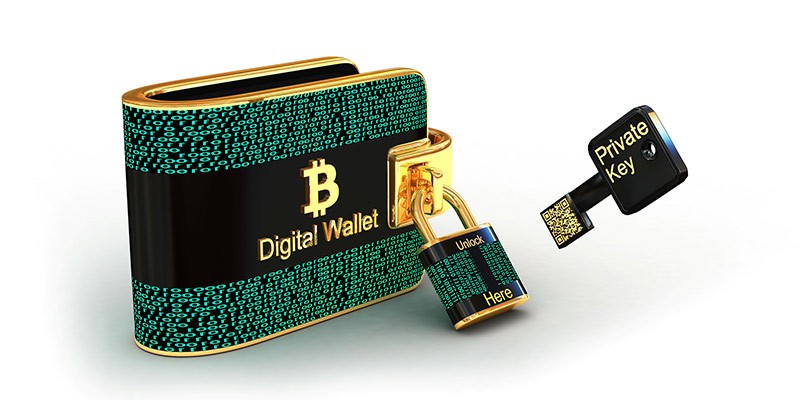Now Reading: Emerging Altcoins in India: The Token Trends Catching Attention Beyond Bitcoin
-
01
Emerging Altcoins in India: The Token Trends Catching Attention Beyond Bitcoin
Emerging Altcoins in India: The Token Trends Catching Attention Beyond Bitcoin
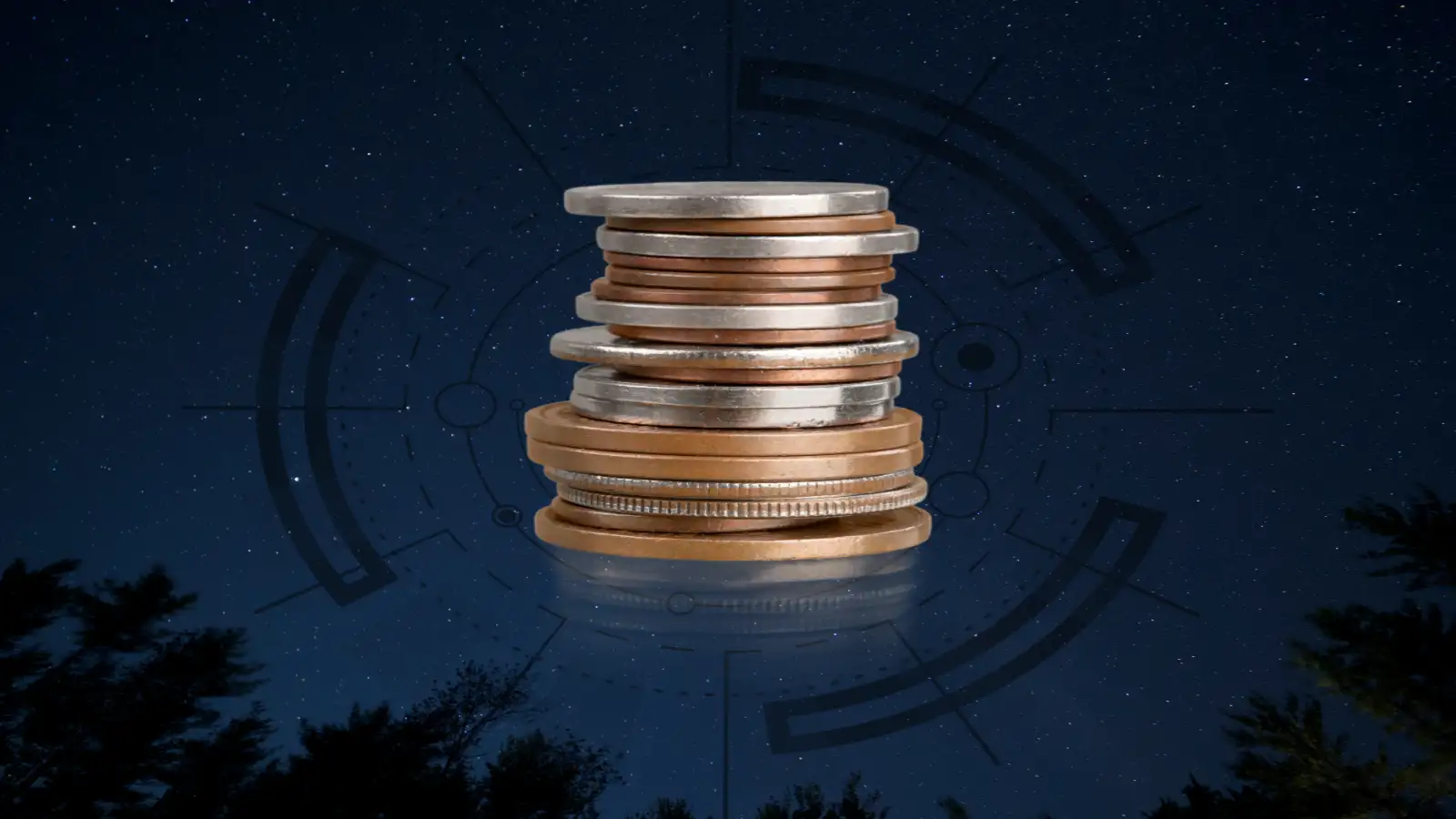
While Bitcoin and Ethereum remain the most recognized names in crypto, Indian investors are increasingly exploring altcoins—digital assets beyond the major two. These tokens offer new possibilities, from decentralized finance to gaming and community-driven projects. In Tier-2 cities, where young investors and small traders are keen to experiment with affordable options, altcoins are gaining traction. The shift reflects a broader search for variety and innovation in the crypto market.
Why Altcoins Appeal to Indian Investors
Altcoins often come with a lower entry price, making them accessible to beginners who cannot afford large sums in Bitcoin. For students, small business owners, and freelancers in smaller towns, altcoins represent an affordable way to participate in the digital economy. Many tokens also support specific use cases like payments, governance, or rewards in gaming ecosystems, which adds to their appeal.
Key Trends in 2025
One of the strongest trends is the rise of stablecoins, which are pegged to traditional currencies and reduce the risk of volatility. These are becoming popular for remittances and peer-to-peer transfers. Memecoins, though riskier, have also captured the imagination of young investors who treat them as a mix of culture and speculation. Meanwhile, tokens linked to decentralized finance platforms are gaining steady interest, offering new ways to lend, borrow, or earn yields without banks.
The Role of Tier-2 and Tier-3 Cities
Smaller cities are showing surprising momentum in altcoin adoption. The curiosity among young professionals in towns like Nagpur, Indore, and Jaipur is not just about investment—it is also about staying part of global digital trends. Affordable smartphones, easy access to trading apps, and peer discussions in colleges and workplaces are fueling this interest. For many, altcoins are less intimidating than traditional financial markets.
Risks That Cannot Be Ignored
Despite the excitement, altcoins are highly volatile and vulnerable to sudden market swings. Some projects disappear overnight, leaving investors with losses. In smaller cities, where awareness about risk management is still limited, people may fall for hype or misleading promotions. Scams, fake projects, and pump-and-dump schemes remain major threats, highlighting the need for careful research before investing.
Looking Ahead
The altcoin space is evolving quickly, and India’s growing youth population is playing a big role in shaping its future. As more projects target real-world use cases like payments, gaming, or cross-border transactions, adoption may expand further. However, the survival of altcoins will depend on credibility, utility, and regulation.
Conclusion
Emerging altcoins and token trends are reshaping how Indians think about digital assets. For Tier-2 and Tier-3 cities, they provide both opportunities and challenges—an affordable entry into crypto, but also higher risks. The coming years will show which tokens move beyond hype and deliver lasting value. Until then, cautious optimism remains the best approach for India’s growing community of altcoin explorers.








